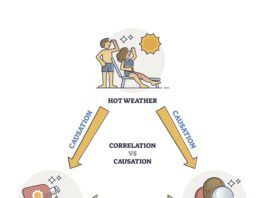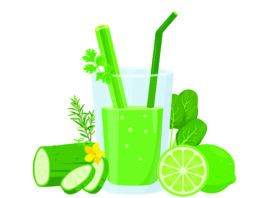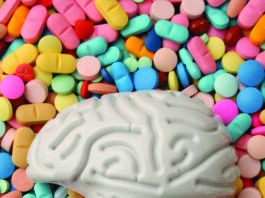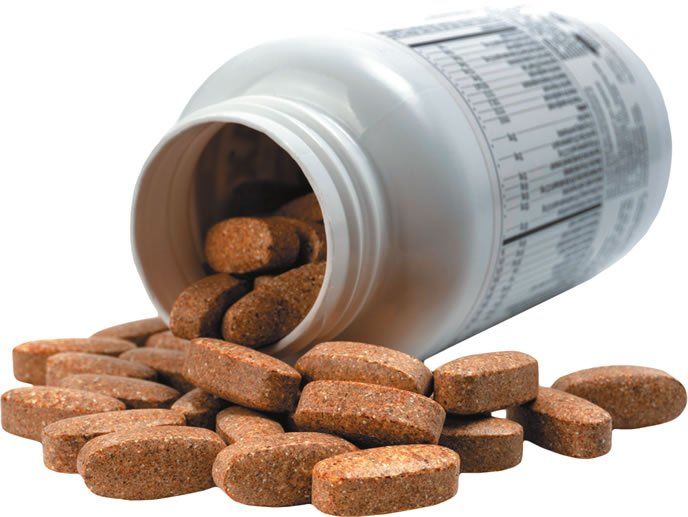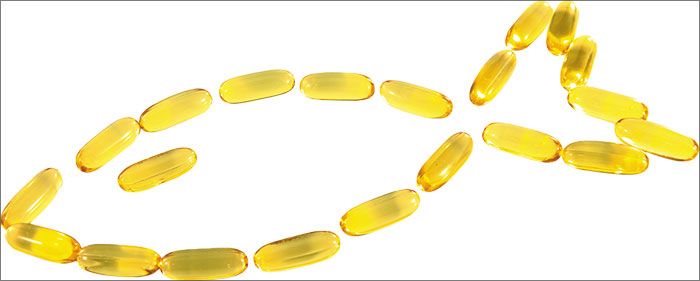Safe Upper Levels for Vitamins and Minerals: What You Need to Know
If a little is good, most Americans are accustomed to thinking, more must be better and a lot must be better still. When it comes to vitamins and minerals, however, it is possible to get too much of a good thing-especially if some of your nutrients are coming from pills instead of food.Remember that most of your vitamin and mineral needs can be safely met by a thoughtful diet, cautions Irwin H. Rosenberg, MD, editor of the Tufts Health & Nutrition Letter. The use of so-called dietary supplements will always be associated with some degree of risk.
Q. What are the pros and cons of eating raw fish, as in sushi?
Q. What are the pros and cons of eating raw fish, as in sushi?
Q. I was wondering if a gluten-free diet results in any deficiencies in vitamins/minerals...
Q. I was wondering if a gluten-free diet results in any deficiencies in vitamins/minerals or other essential parts of ones diet? My diet is a medical not personal choice.
Q. I read that a recent study found glucosamine hydrochloride was ineffective for arthritis...
A. Timothy E. McAlindon, MD, MPH, chief of the Division of Rheumatology and professor at Tufts School of Medicine, responds: Its controversial. Most biochemists I know assert that there really isnt any difference between the hydrochloride and sulfated versions because they dissociate in the stomach. The manufacturer of glucosamine sulfate claims otherwise, but I have never heard a satisfactory explanation of why that should be the case. There are clinical trials of glucosamine sulfate, but…
Extra Magnesium May Boost Your Physical Performance
Getting more magnesium might help you maintain mobility as you age. A new Italian randomized trial reports that daily supplementation with 300 milligrams of magnesium improved physical performance in older women. Among the benefits was a faster gait speed-a key factor in diagnosing sarcopenia, the frailty associated with loss of lean muscle mass in aging.
Healthy Seniors Who Took Fish-Oil Pills Score Better on Cognitive Tests
A new study using neuroimaging and cognitive testing found significantly less brain atrophy and better scores on cognitive tests among older individuals taking fish-oil supplements than among those not taking supplements. These beneficial effects were seen only in those with normal cognitive abilities at the beginning of the study, however. No improvement was seen in participants who already displayed mild cognitive impairments or Alzheimers.
Jury Still Out on Routine Vitamin D Testing
An independent panel of health experts that advises the federal government says theres not enough evidence to recommend for or against screening healthy adults for vitamin D levels. The US Preventive Services Task Force weighed more than a dozen studies before issuing its draft recommendation.
Q. I have been hearing some good things about vitamin K2 with vitamin D...
Q. I have been hearing some good things about vitamin K2 with vitamin D to help with the absorption of calcium in the bones. Is this supported by science? If so, how is it best to get K2?
Q. Ive seen media reports about the negative effects of protein, and yet others...
Q. Ive seen media reports about the negative effects of protein, and yet others that recommend protein powders, such as those made with whey, which I use. Is the problem with animal protein in general or with the saturated fat that comes with the protein in so many foods? Is whey protein OK?
Q. Does including calcium improve absorption of Vitamin D? I eat sardines two to...
Q. Does including calcium improve absorption of Vitamin D? I eat sardines two to three times a week, and wonder if including a calcium supplement at the same time would be a wise move? (Im middle-aged and averagely active with no known deficiencies in either vitamin.)























